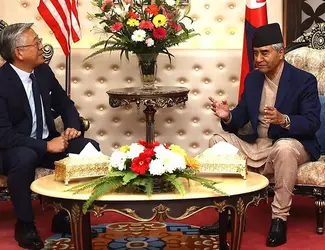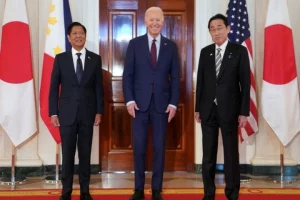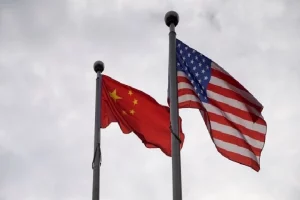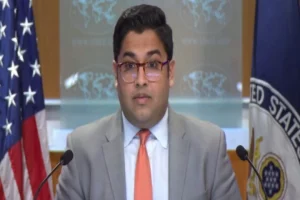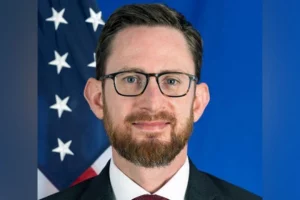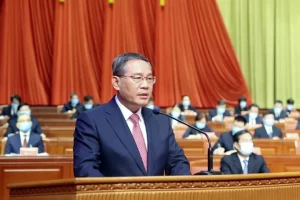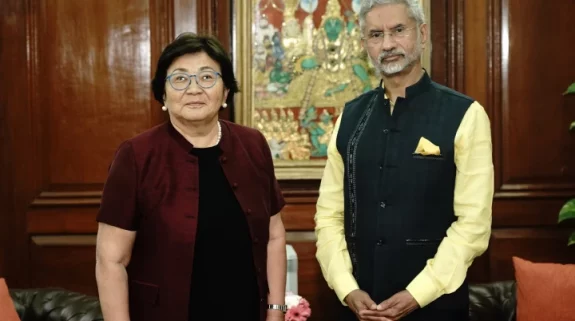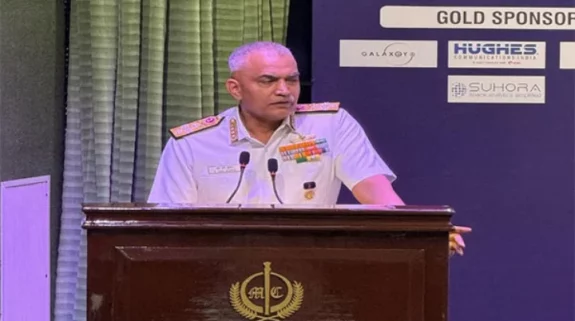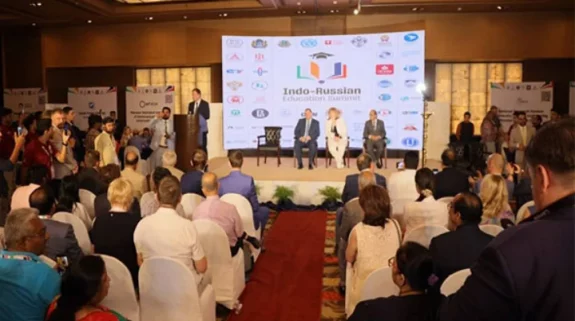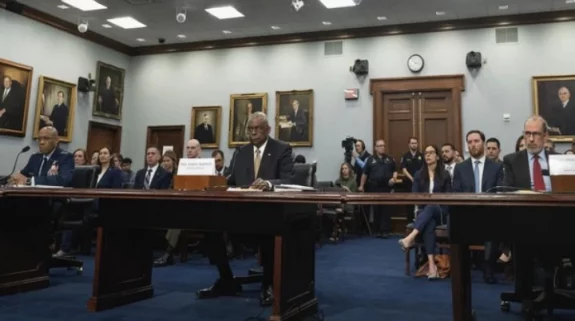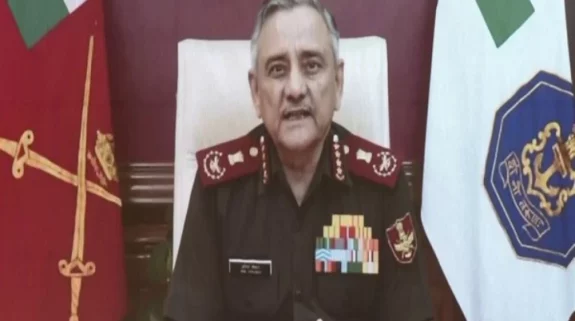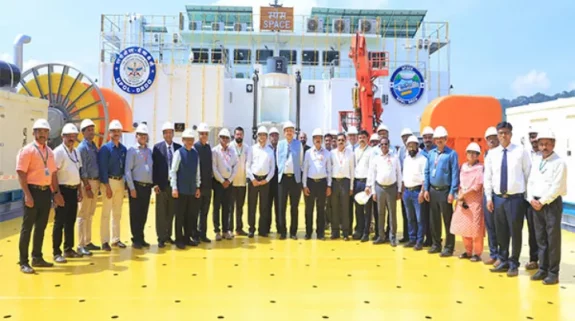United States Assistant Secretary for South and Central Asian Affairs, Donald Lu, is arriving in Kathmandu on Thursday evening amid heightened US-China rivalry.
Official sources said that the top State Department official is scheduled to hold separate meetings with Prime Minister Sher Bahadur Deuba and Foreign Minister Narayan Khadka on Friday.
A senior official at Nepal's Ministry of Foreign Affairs said that Lu is paying an unexpected visit that will dwell on various bilateral aspects ranging from economic cooperation to security.
"This is a sudden visit and has no specific agendas on the part of Nepal. However, the US side may take up the issue of the State Partnership Program (SPP) in which the government of Nepal has already decided not to join, believing that the programme is an integral part of the US Indo-Pacific Strategy," the top official privy to the development told Indian Narrative requesting anonymity.
On June 20, the government of Nepal had decided to stay away the SPP, fearing that the country could be part of an anti-China military alliance led by the United States. As expected, China was quick to welcome Nepal's decision not to be part of the SPP.
Even as the collation government headed by Sher Bahadur Deuba decided not to move ahead with the SPP, it has yet to officially communicate to the US government to that effect.
A foreign affairs committee under the House of Representatives, the lower house of Nepali parliament, on Wednesday, also instructed the government to communicate immediately to the US government that the country is no longer a part of the programme.
The US official's visit comes barely two weeks after Chinese Communist Party (CCP)'s foreign affairs department chief Liu Jianchao with a mission to reunite the two Nepali communist parties—the Communist Party of Nepal (Unified Marxist Leninist) and the Communist Party of Nepal (Maoist Center) ahead of crucial general elections that are taking place in November this year.
As the US and China are jostling for influence in Nepal through economic and strategic initiatives such as the Belt and Road Initiative (BRI) and the Millennium Challenge Corporation (MCC) Compact, observers say that Nepal is becoming a battleground among the big powers amid changing political scenario.
In February, the MCC Nepal Compact, a $500 million infrastructure and economic development grant from the US government, was passed through Nepal's parliament despite China's public displeasure. China and the US also engaged in war of words over the MCC Nepal Compact accusing each other of violating Nepal's sovereign decision.
China's Ministry of Foreign Affairs accused the US of employing coercive diplomacy against Nepal while the US countered that it was China who was behind the delay in passing the US grant program MCC.
A month after the passage of the US grant program MCC, Chinese Foreign Minister Wang Yi visited Kathmandu in March during which he said China would oppose any attempt to undermine Nepal's sovereignty and independence, interfere in its internal affairs and engage in "geopolitical games", indirectly hinting at growing US presence in the country.
Also Read: Nepal avoids debt trap—says it only wants grants not loans from China under BRI
(Santosh Ghimire is a Nepal based journalist who writes exclusively for India Narrative)






